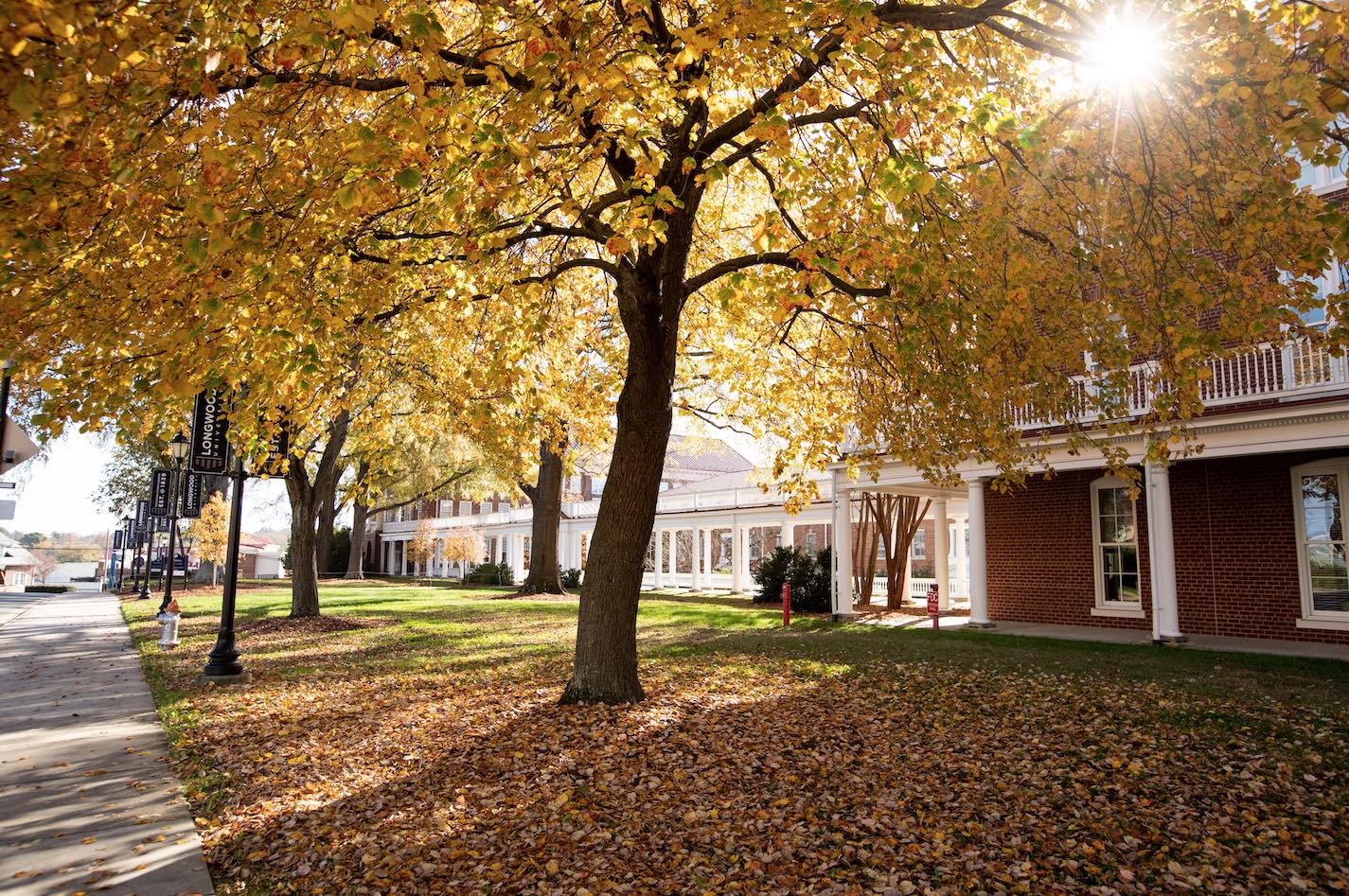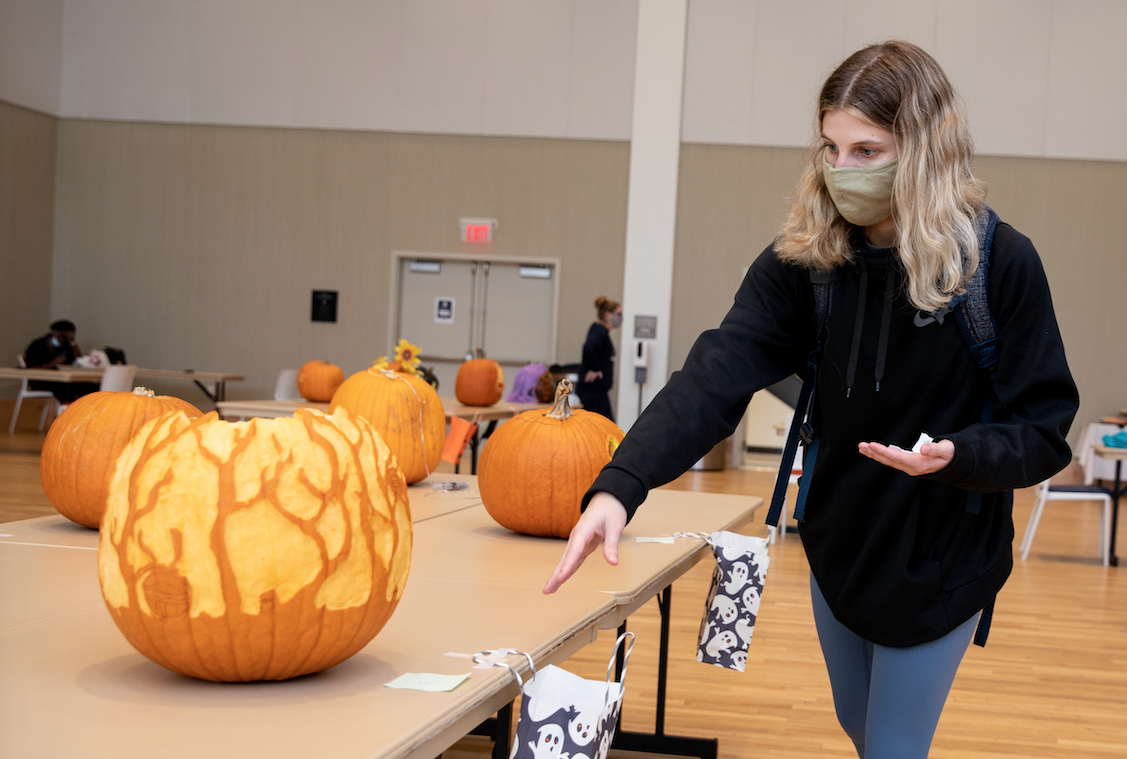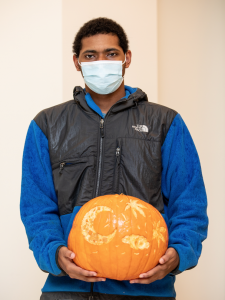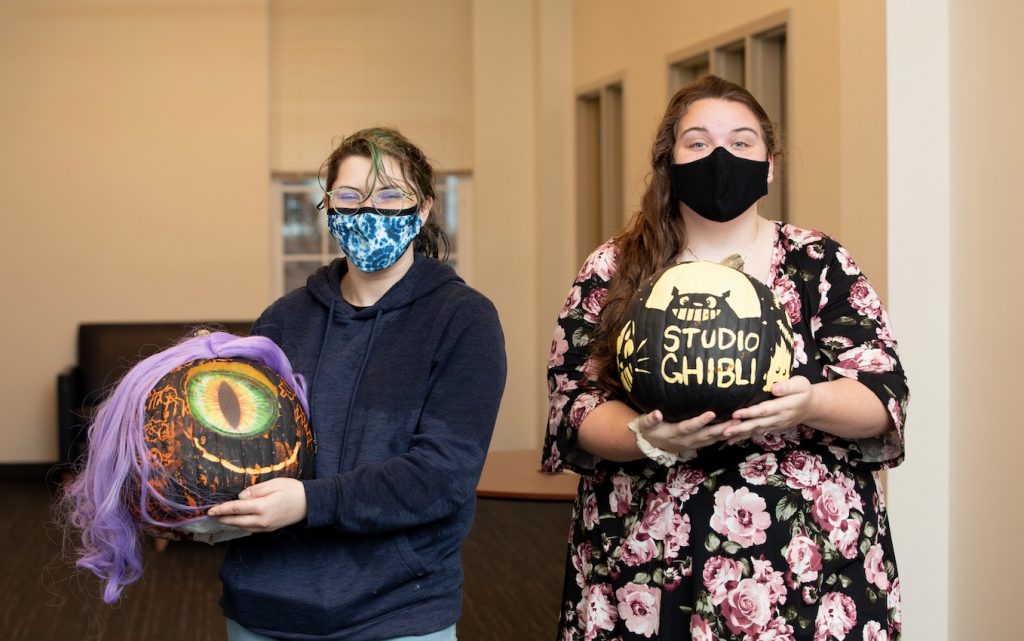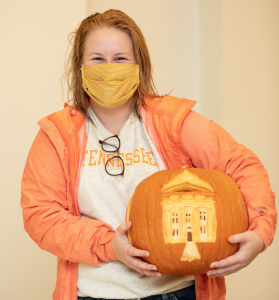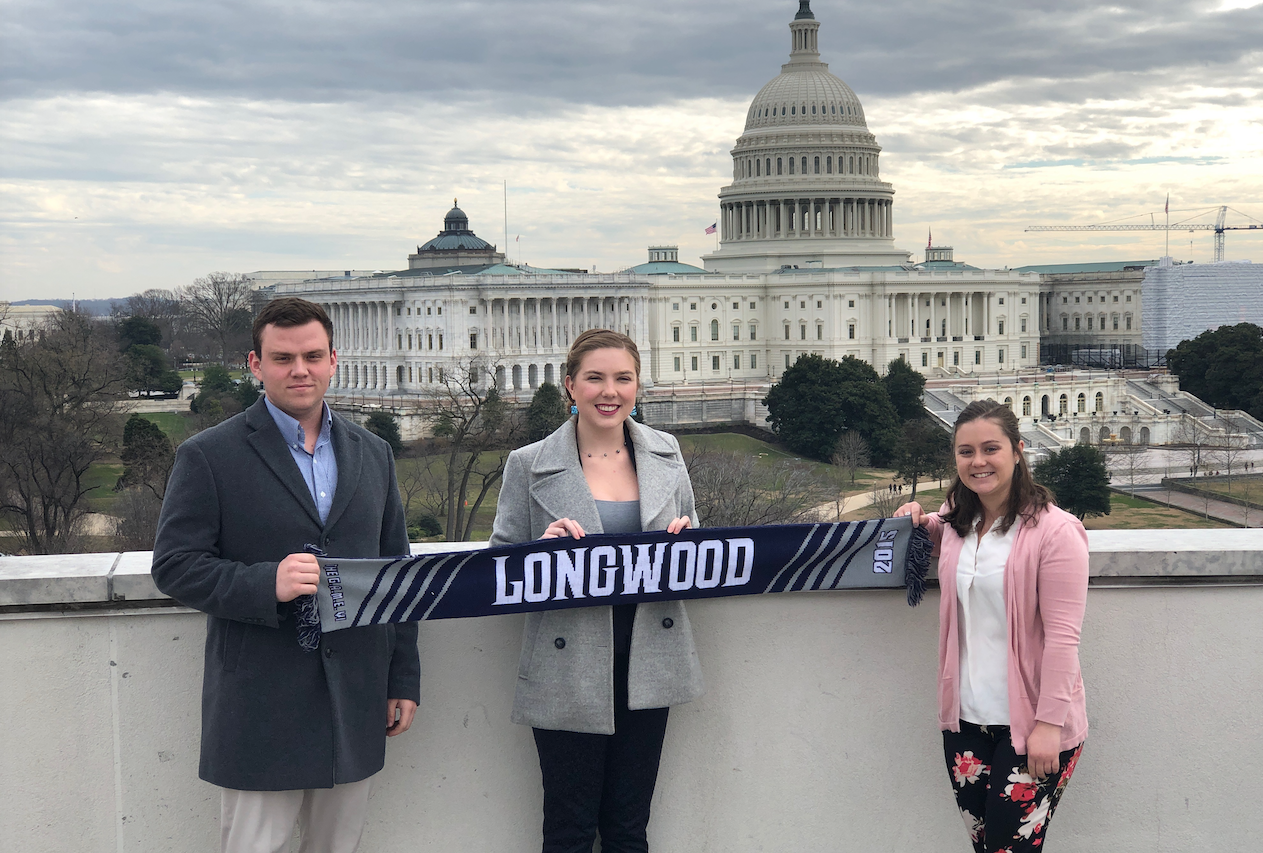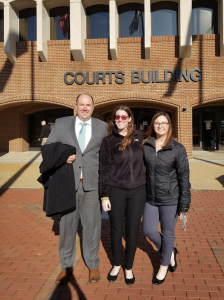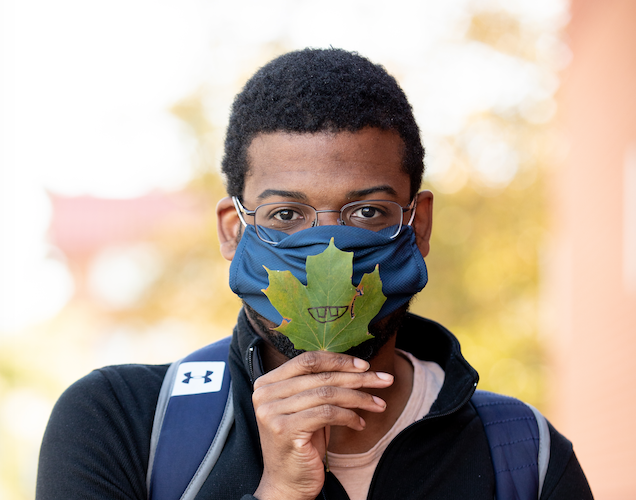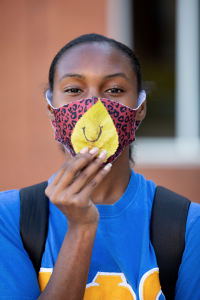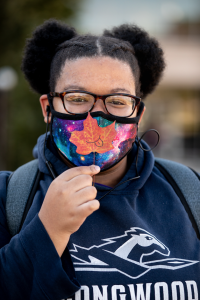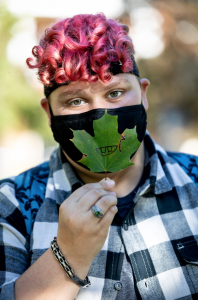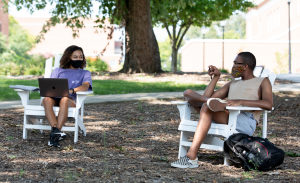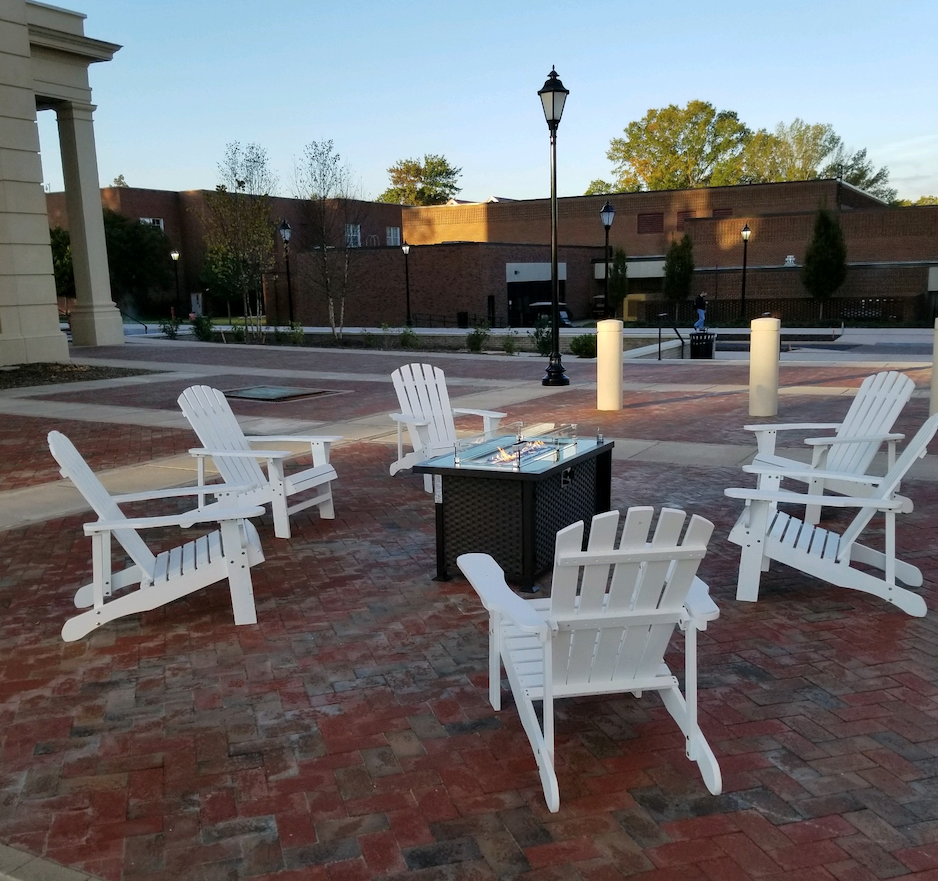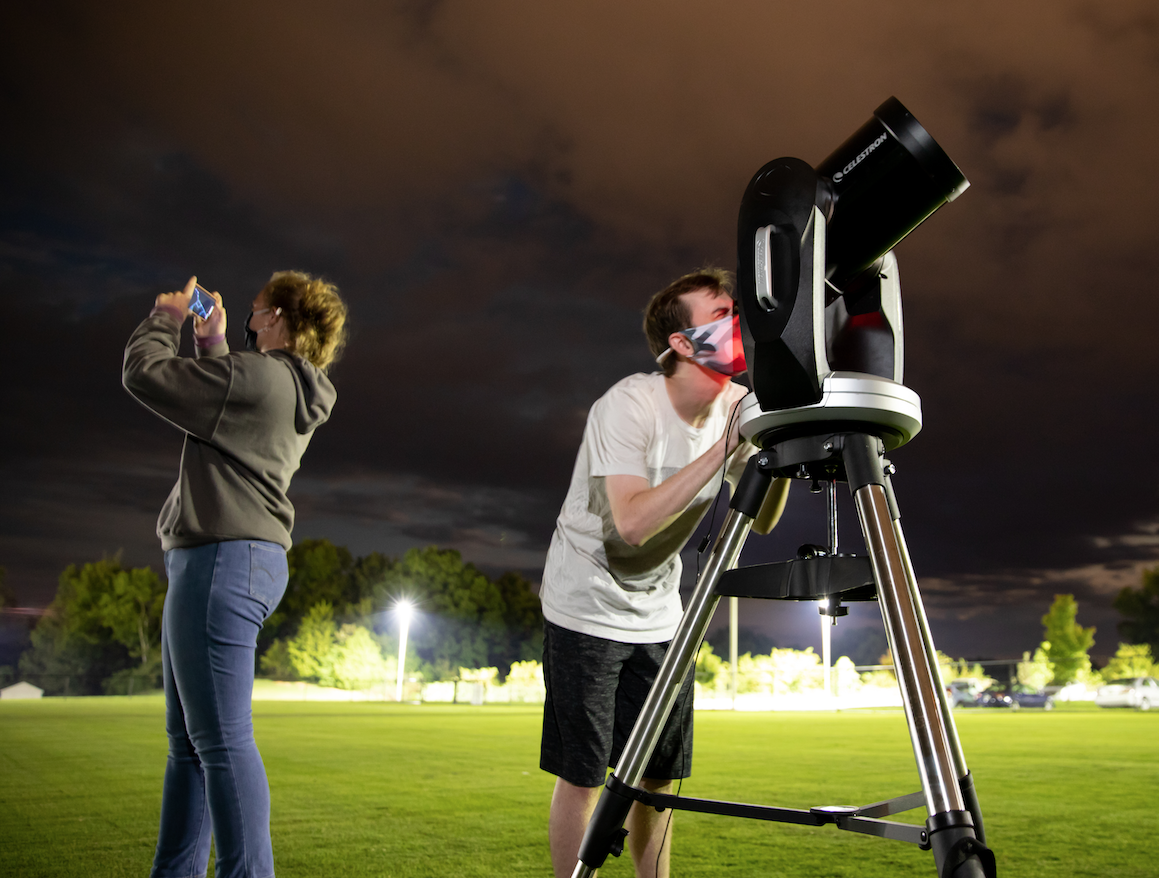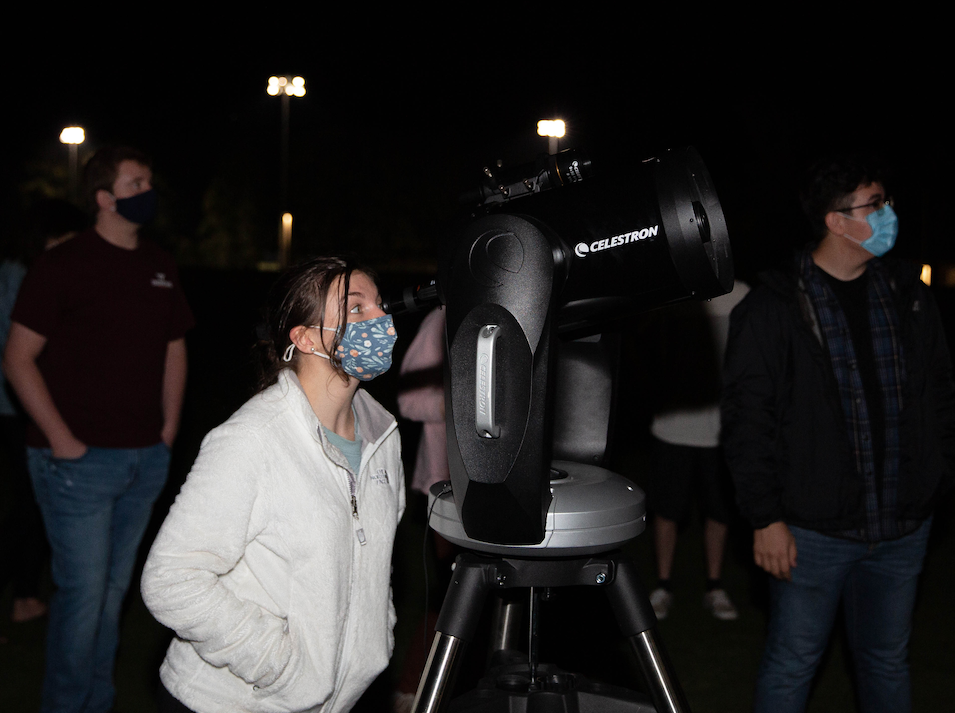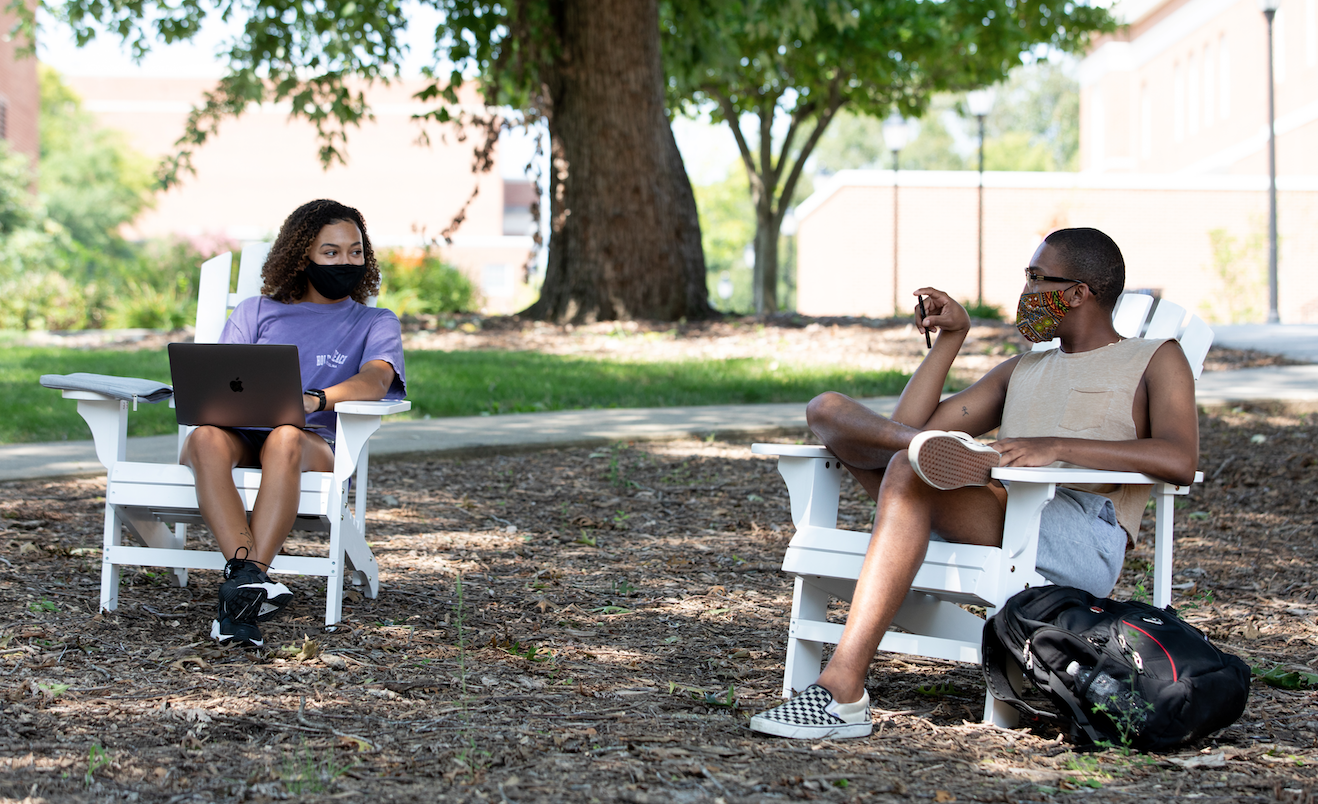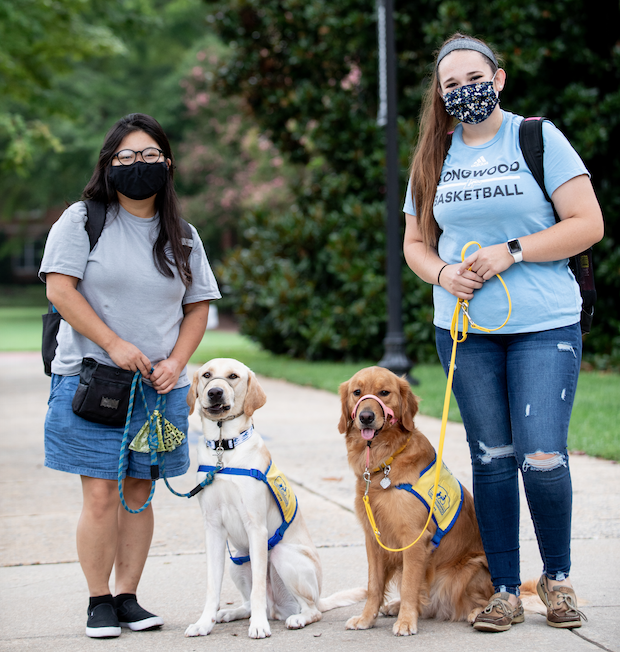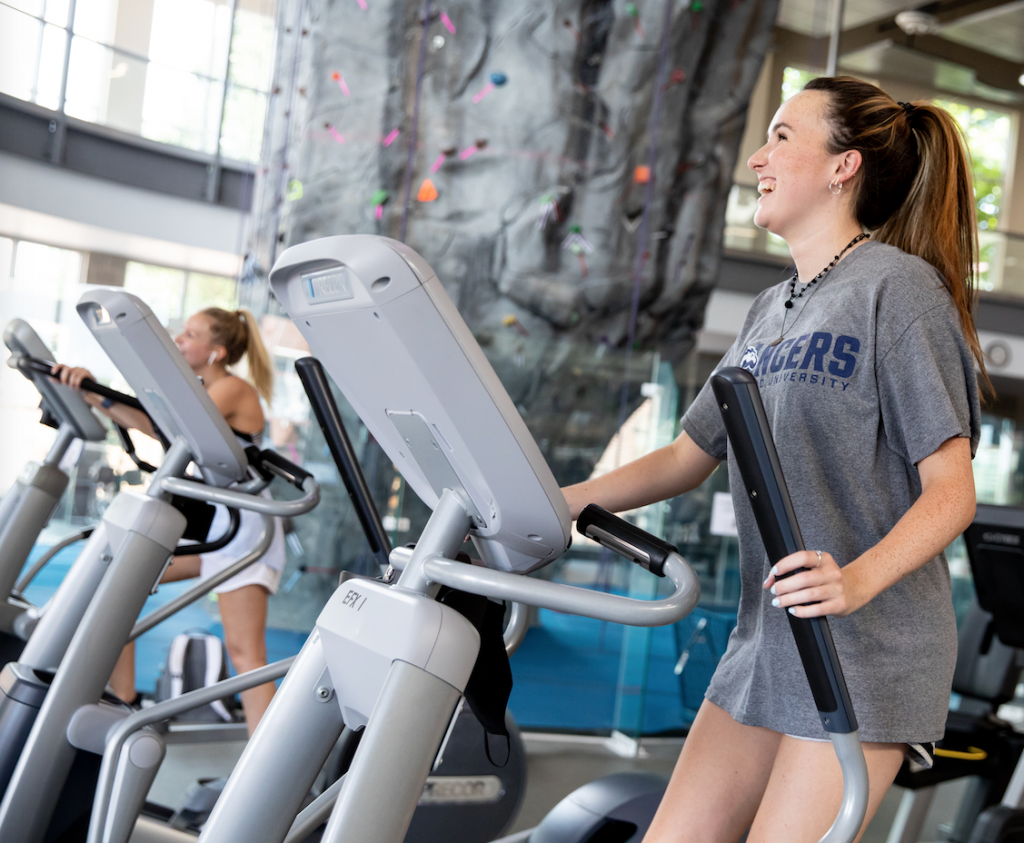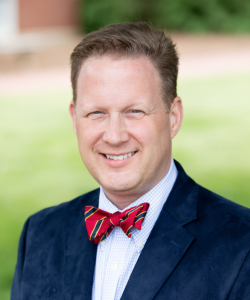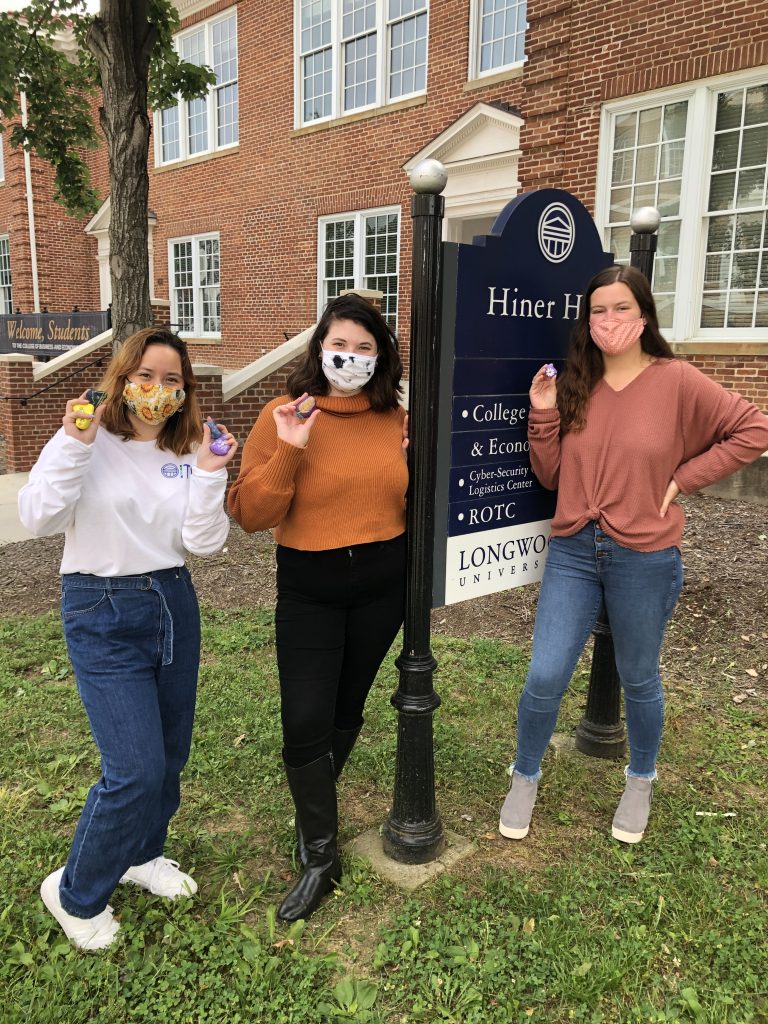Characterization of cellular targets and derivatization of a choline-appended Pt anticancer therapeutics.
If you’re like me, you can only guess at the meaning of those words. But Keira Naff ’21, a chemistry major, knows exactly what they mean—and a lot more.
She’s one of more than 400 students who are presenting the results of their research or creative endeavors this week in Longwood’s Fall Student Showcase for Research and Creative Inquiry. Held virtually this year, the showcase features the work of students in disciplines from mathematics to marketing and nursing to neuroscience.
Starting Saturday, Nov. 21, you can take a look at their work online at https://symposium.foragerone.com/lufssrci20. This includes pre-recorded presentations, videos and artwork. The oral and poster presentations are organized in random order on the event site, but you can search by student name, discipline, project type, class name or keyword. Each pre-recorded presentation is set up to allow you to leave questions and comments for the student presenters. Questions and comments are encouraged.
There’s also a live Zoom presentation session set for 10 a.m.-12:30 p.m. Saturday featuring students who are taking this semester’s Elementary School Literacy Instruction course. You can access that session through the main link (above). And you can browse through the showcase program, available now online, to see if your student participated.
“It’s really important for students to get hands-on experience, to understand that learning by listening is not enough. These students who are presenting their projects went above and beyond this semester and I am happy to highlight their impressive work at the Fall Student Showcase,” said Dr. Amorette Barber, director of the Office of Student Research.
So if you have a few spare minutes this weekend, take a look. I think you’ll be impressed with what your Lancers have been up to this semester.
—Sabrina Brown

